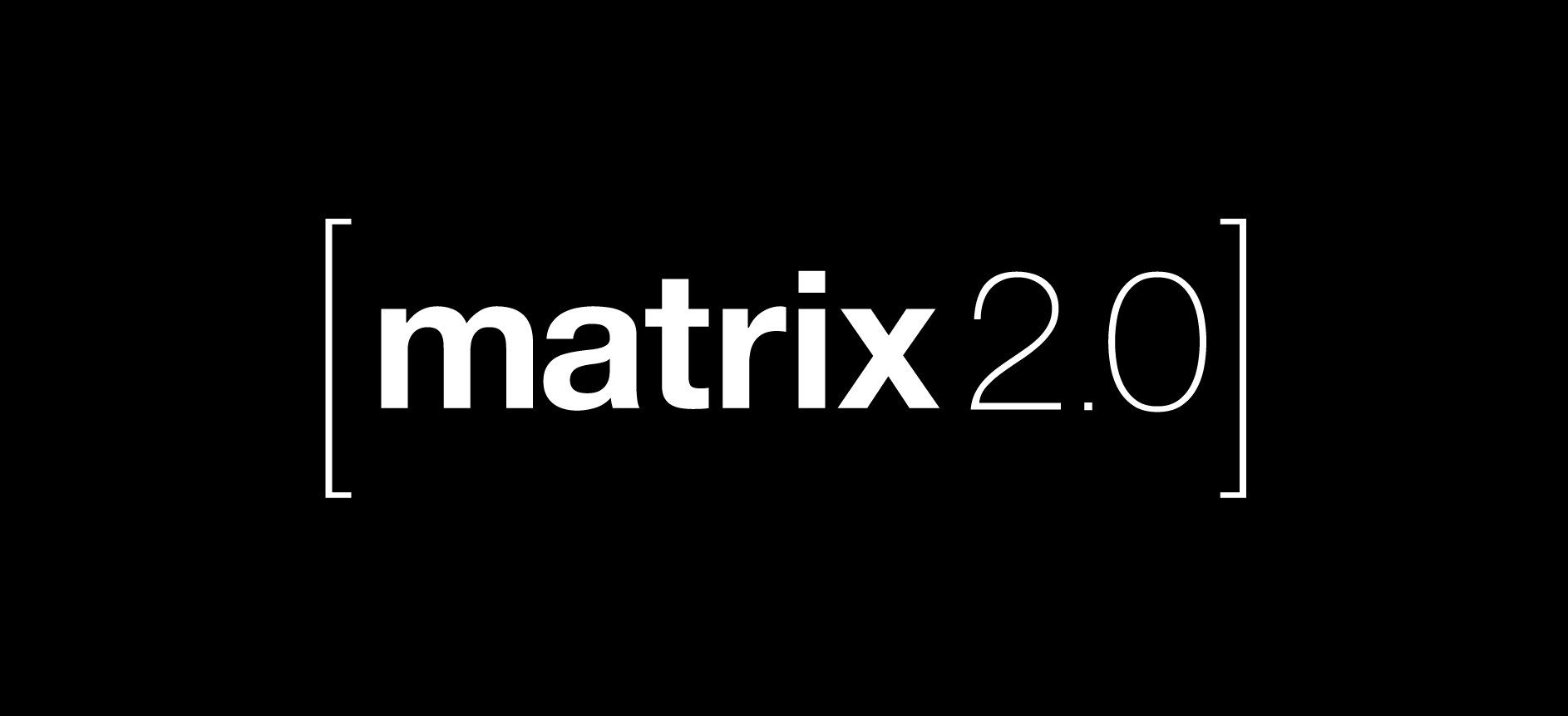- cross-posted to:
- wolnyinternet@szmer.info
- cross-posted to:
- wolnyinternet@szmer.info
Back at FOSDEM we announced the idea of Matrix 2.0 - a series of huge step changes in terms of Matrix’s usability and performance, made up of Sliding Sync (instant login/launch/sync), Native OIDC(industry-standard authentication), Native Group VoIP (end-to-end encrypted large-scale voice & video conferencing) and Faster Joins (lazy-loading room state when your server joins a room).
Now, we’re excited to announce that as of today everyone can start playing with these Matrix 2.0 features. There’s still some work to bring them formally into the specification, but we’re putting it out there for folks to experience right now. Developers: watch this space for updates on the spec front.
Practically speaking, this means there are now implementations of the four pillars of Matrix 2.0 available today which you can use to power a daily-driver Matrix 2.0 client. The work here has been driven primarily by Element, using their new Element X client as the test-bed for the new Matrix 2.0 functionality and to prove that the new APIs are informed by real-world usage and can concretely demonstrably create an app which begins to outperform iMessage, WhatsApp and Telegram in terms of usability and performance… all while benefiting from being 100% built on Matrix.



Does the native Group VoIP mean voice rooms like Discord are possible now? That feature is pretty much all that’s keeping me on discord as of now.
There is an experimental feature before 2.0 that makes a voice room an always on voice room so you join it without calling and can see people in it before joining.